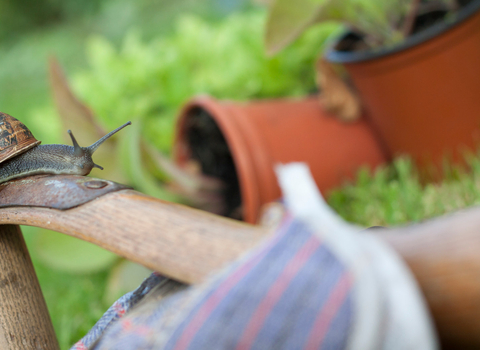Last month, Wildlife Trusts Wales announced the launch of its pesticide-free pledge, urging communities across the country to ditch pesticides and do their bit to help protect Welsh nature. The charity, which aims to support wilder and more nature-rich Wales, says that, through just a few small steps, everybody can help save plants and animals and create a greener future for generations to come.
Here, we speak to Andy Charles-O’Callaghan, Campaigns Officer at The Wildlife Trusts, to find out more about the pledge and how you can help.



